Featured

 "Intel Corp. made news recently by commenting on its ongoing delays with its 7-nanometer technology node, and hinting that the company may consider going fabless in the future.
"Intel Corp. made news recently by commenting on its ongoing delays with its 7-nanometer technology node, and hinting that the company may consider going fabless in the future.
Imagine this, a major U.S. microelectronics giant admitting problems and possibly abandoning its fabrication efforts. That’s from a company whose market dominance has been based on beating others in the complex semiconductor chip fabrication game. That is big news.
This announcement has sparked a considerable amount of concern based on the potential U.S. loss of a major semiconductor manufacturing capability during the height of new supply chain concerns. Some folks have reacted with alarm, suggesting the U.S. government should do what it can to keep Intel in the fabrication business.
Let’s take a closer look at what might have driven Intel to consider such a fabless future and the wisdom of government intervention to stop this."
Click here to read the full article at nationaldefensemagazine.org
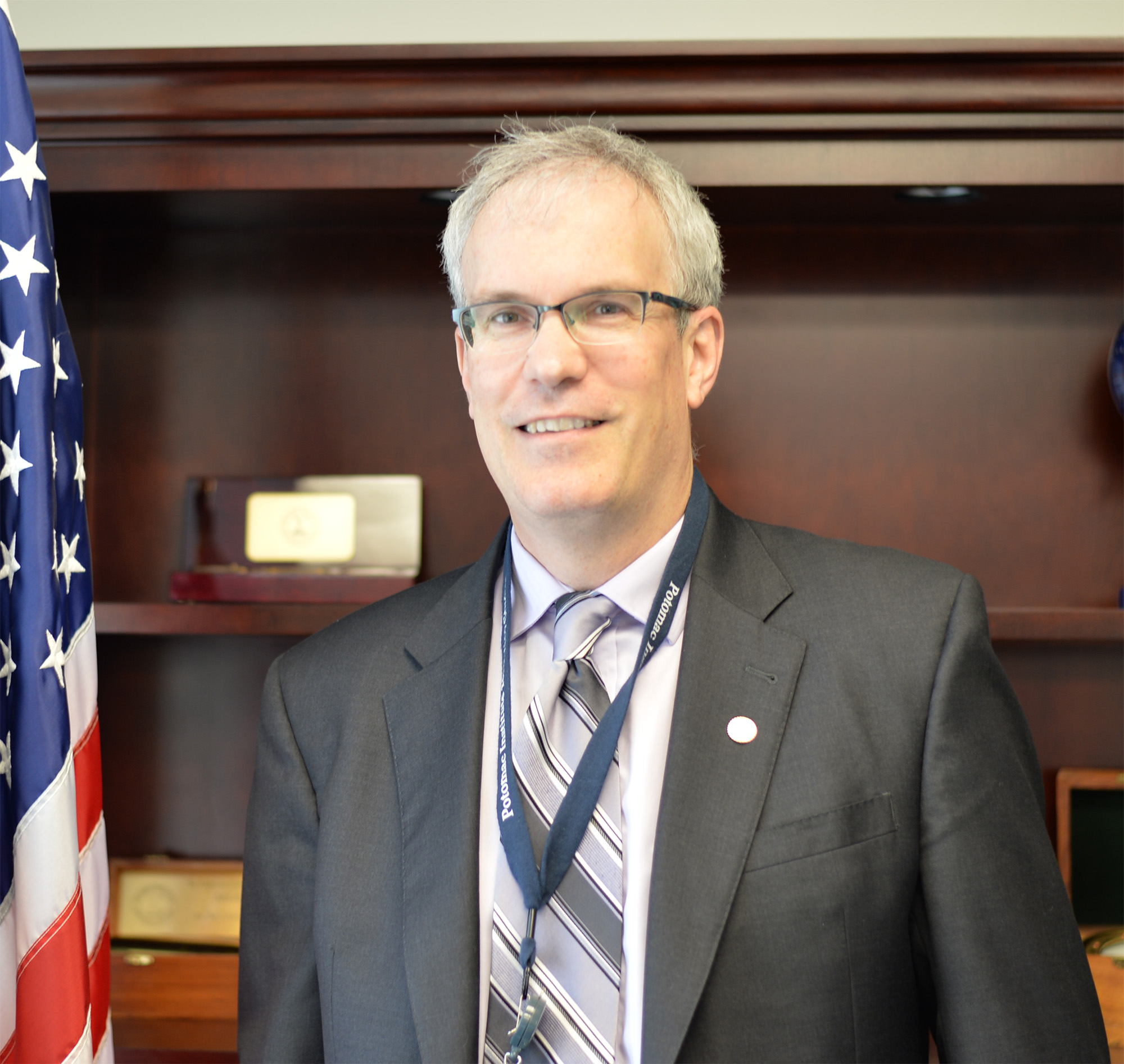
Dr. Fritze is a Vice President at the Potomac Institute for Policy Studies responsible for the Microelectronics Policy portfolio. His current interests and activities include USG trusted access strategies, support of needed legacy technologies, DOD innovation policy and outreach to Industry and strengthening the US Microelectronics Industrial Base. He is also the Director of the VITAL Center (Vital Infrastructure Technology And Logistics) at Potomac.
Dr. Fritze was the Director of the Disruptive Electronics Division at the USC Information Sciences Institute. (2010-2015). He also held a Research Professor appointment in the USC Ming Hsieh Department of Electrical Engineering (Electrophysics). His research interests at ISI included Trusted Electronics, CMOS Reliability & Robustness, Low power 3DIC enabled electronics and Rad-hard electronics. He was a Program Manager at the DARPA Microsystems Technology Office (MTO) from 2006-2010. While at DARPA, Dr. Fritze was responsible for Programs in the areas of 3D Integrated Circuits (3DIC), Steep-Subthreshold-slope Transistors (STEEP), Radiation Hardening by Design (RHBD), Carbon Electronics for RF Applications (CERA), Silicon-based RF (TEAM), Ultra-low power Digital (ESE), Highly regular designs (GRATE) and Leading-edge foundry access (LEAP).
Prior to joining DARPA, Dr. Fritze was a staff member from 1995-2006 at MIT Lincoln Laboratory in Lexington, Massachusetts, where he worked on fully-depleted silicon on insulator (FDSOI) technology development with an emphasis on novel devices. Particular interests included highly scaled, tunneling-based, and ultra-low power devices. Dr. Fritze also worked in the area of silicon-based integrated optics. Another research interest at Lincoln Laboratory was in the area of resolution-enhanced optical lithography and nanofabrication with particular emphasis on low volume technological solutions.
Dr. Fritze received a Ph.D. in Physics from Brown University in 1994, working in the area of compound semiconductor quantum well physics. He received a B.S. in Physics in 1984 from Lehigh University. Dr. Fritze is an elected member of Tau Beta Pi and Sigma Xi. He is a recipient of the Office of the Secretary of Defense Medal for Exceptional Public Service awarded in 2010. He is a Senior Member of the IEEE and is active on the GOMAC Conference Program Committee as well as the NDIA Electronics Division Policy Group. Dr. Fritze has published over 75 papers and articles in professional journals and holds several U.S. Patents.
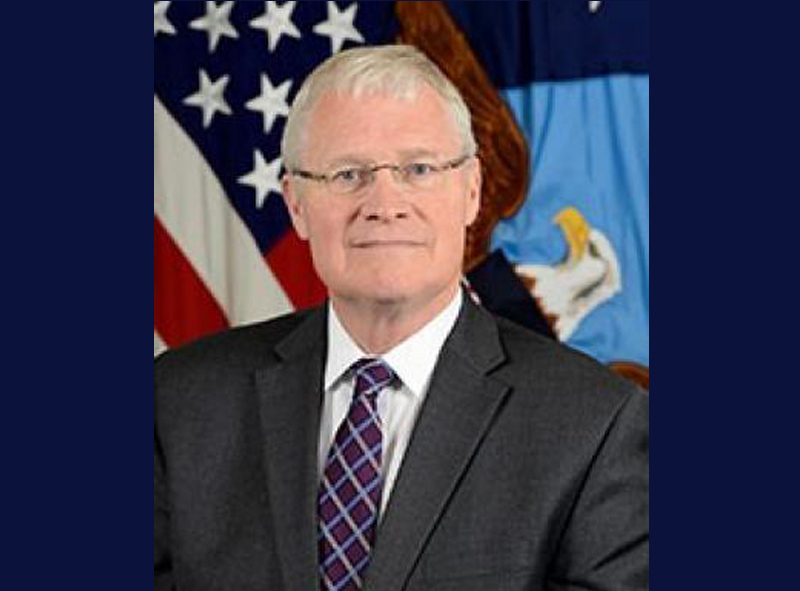
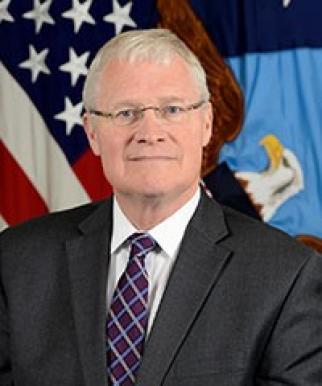 The Potomac Institute is proud to welcome the Honorable Alan R. Shaffer to our Board of Regents. Most recently serving as Deputy Under Secretary of Defense (Acquisition & Sustainment), Mr. Shaffer’s career of service to our nation in both civilian and military roles stretches back almost fifty years.
The Potomac Institute is proud to welcome the Honorable Alan R. Shaffer to our Board of Regents. Most recently serving as Deputy Under Secretary of Defense (Acquisition & Sustainment), Mr. Shaffer’s career of service to our nation in both civilian and military roles stretches back almost fifty years.
"I have spent my entire adult life in National Security; now I see as uncertain a future as I remember,” said Shaffer. “I believe that the Potomac Institute provides the opportunity to examine issues facing the nation in a meaningful way, and to frame decisions in a way that can be actioned. In my experience, the Potomac Institute is a premier institute to bring together people from different perspectives to find the best possible solution to a problem.”
Before entering the federal government in 2000, Mr. Shaffer served 24 years as a commissioned officer in the United States Air Force and retired in the grade of Colonel, holding positions in command, weather, intelligence and acquisition oversight. He has employed these skills furthering our nation’s science and technology progress at home and abroad, including three years as Director of the NATO Collaboration Support Office, where he was responsible for promoting S&T collaboration in the 5,000-scientist-strong NATO network.
“We are honored and excited to welcome Alan Shaffer to the Board of Regents,” said Potomac Institute CEO Dr. Jennifer Buss. “Our working relationship with Mr. Shaffer has always been strong, and we know him to have always sought bold solutions to our national security challenges. His past work earned him the Potomac Institute’s highest honor, the Navigator Award, in 2015, and we know that he will bring that same focus on the demands of the future to the Institute.”
“The Potomac Institute Board of Regents is a who’s who of talent at the top of their respective fields, and Al Shaffer is no exception. He brings years of national security and military experience as well as public service to the Institute. We look forward to his expertise and insight on the work we will be doing,” said General Al Gray, Chairman of the Board of Regents.
Mr. Shaffer earned a B.S. in Mathematics from the University of Vermont in 1976, a second B.S. in Meteorology from the University of Utah, a M.S. in Meteorology from the Naval Postgraduate School, and a M.S. in National Resource Strategy from the Industrial College of the Armed Forces. He was awarded the Meritorious Executive Presidential Rank Award in 2004, the Department of Defense Distinguished Civilian Service Award, and the Distinguished Executive Presidential Rank Award in 2007 and 2015.
Follow the Potomac Institute on Facebook, Twitter (@PotomacInst), and Linkedin.
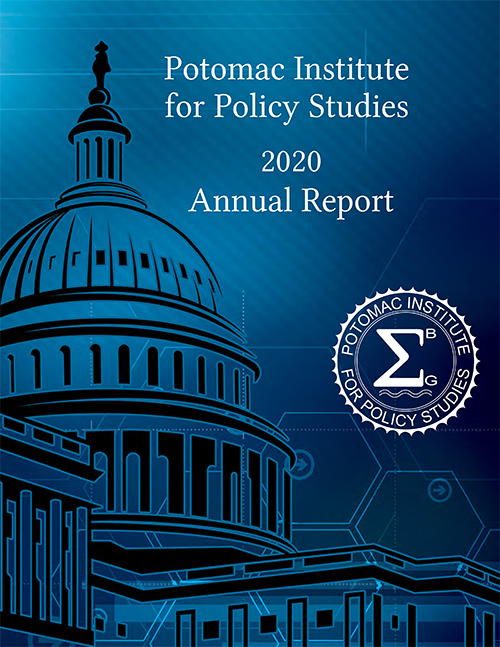
 Sir Isaac Newton once said, “No great discovery was ever made without a bold guess.” Our late founder Michael Swetnam lived by that mantra. Bold Ideas was a concept he championed every day. Because of that, and because of him, the Potomac Institute for Policy Studies is always looking towards the future. We believe ideas cannot only be imagined but accomplished. But it takes a lot to get there.
Sir Isaac Newton once said, “No great discovery was ever made without a bold guess.” Our late founder Michael Swetnam lived by that mantra. Bold Ideas was a concept he championed every day. Because of that, and because of him, the Potomac Institute for Policy Studies is always looking towards the future. We believe ideas cannot only be imagined but accomplished. But it takes a lot to get there.
It takes knowledge. We employ some of the best minds in science and technology. Our staff, Fellows, Regents, and Directors are the best in their respective fields. They have years of experience in the private sector, government, and academia. Our work helps the federal government to think big and to organize, structure, and execute new policy that shapes not only today, but tomorrow, as well.
It takes trust. The Institute plants new, bold ideas— firmly rooted in science and technology—into the hearts and minds of decision makers within government. Our reports are based on years of research and presented with actionable policy recommendations for today and the future. The not-for-profit, independent, non-partisan attributes of the Institute make us a trusted partner to provide the most objective perspective to the government.
It takes bold ideas. We challenge our team to employ out-of-the box thinking—to think above and beyond the possibilities of today, to arrive at concepts that will lead us well into the future. To quote world-renown scientist Carl Sagan, “Somewhere, something incredible is waiting to be known.”
Read full report here
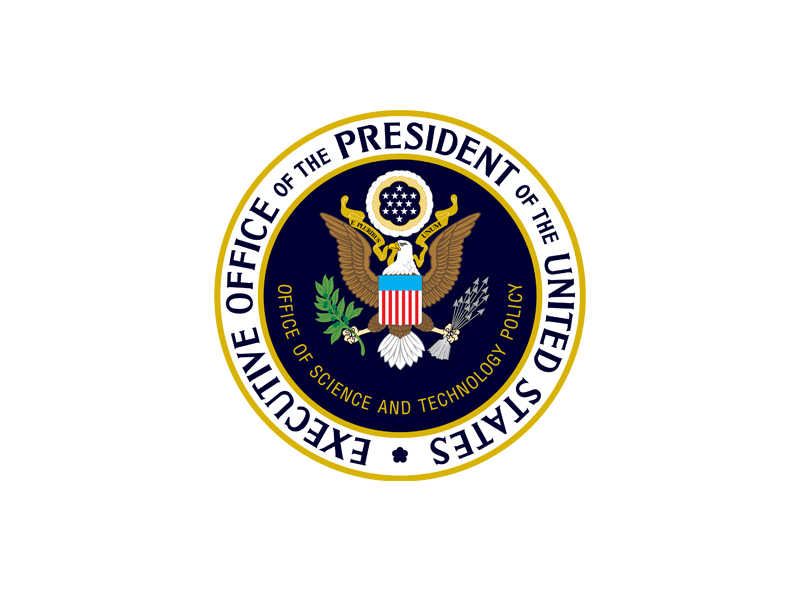
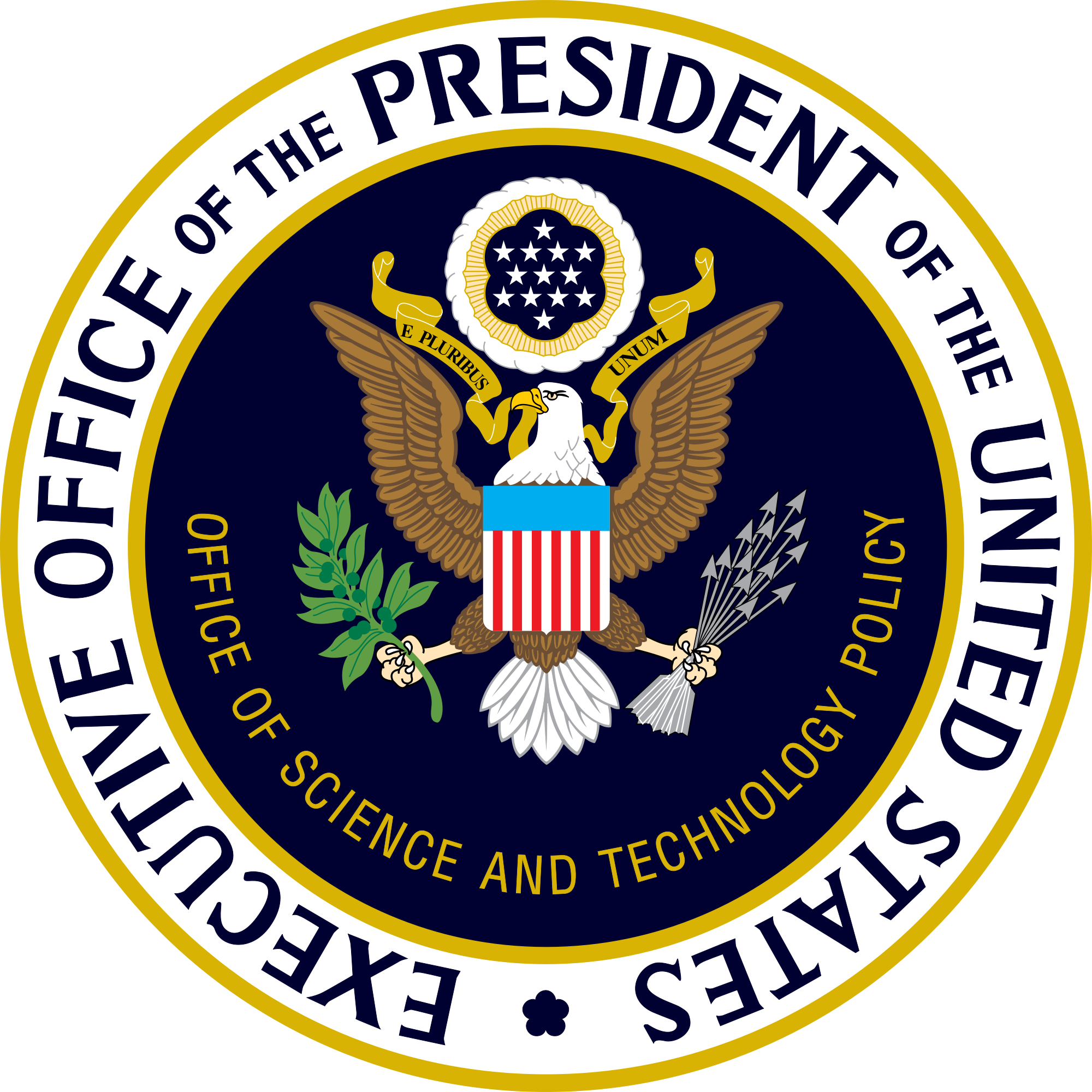 For over 25 years, the Potomac Institute has worked with each presidential administration to ensure that our nation takes full advantage of scientific and technological advancements. We know that science & technology (S&T) play a critical role in domestic and international policy and are dedicated to the premise that S&T be non-partisan and policy is based on data.
For over 25 years, the Potomac Institute has worked with each presidential administration to ensure that our nation takes full advantage of scientific and technological advancements. We know that science & technology (S&T) play a critical role in domestic and international policy and are dedicated to the premise that S&T be non-partisan and policy is based on data.
The world looks very different from how it did at our organization's founding in 1994. The Digital Age is fully upon us. Economic development hangs on S&T progress at a degree unseen since the Industrial Revolution. As such, we are greatly encouraged by the new administration’s elevation of the Office of Science & Technology Policy (OSTP) to a Cabinet-level position. There is no agency, no branch or level of government, where science and technology does not or will not play an integral role in the coming years. The Potomac Institute looks forward to utilizing our experience and knowledge to assist the empowered OSTP at the highest levels.
Further, the announced appointees and designates to OSTP reflect the changing nature of the office, and we are confident in their abilities to provide a first line of S&T knowledge to the new administration. OSTP Director-designate Dr. Eric Lander is one of the foremost geneticists in the world with a wealth of policy knowledge, serving in the past as a principle leader of the Human Genome Project and as co-chair of the President’s Council of Advisors on Science and Technology. He will be joined by Deputy Director Dr. Alondra Nelson, whose pioneering research into the interconnectedness of S&T and social inequality led in part to her selection as president of the Social Science Research Council.
“In the face of a global pandemic, we saw the domestic and international scientific communities come together to save lives through vaccine development at record-setting speeds. We now have an opportunity to build on our S&T progress, and I am hopeful that the new administration, aided by OSTP and organizations like the Potomac Institute, will lead in innovative, data-driven ways,” said Potomac Institute CEO Dr. Jennifer Buss. "The best time to ensure that policy is based on sound scientific reasoning was yesterday; the second-best time is now."

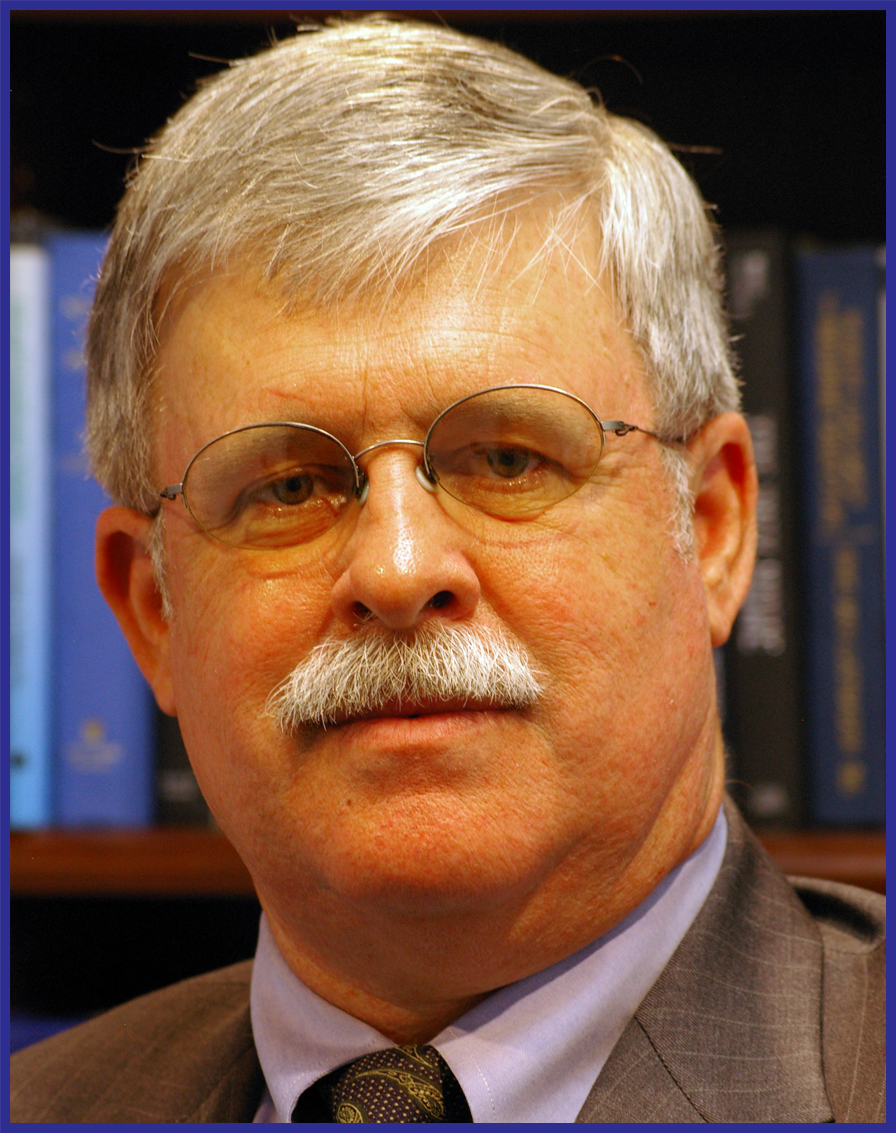
BY DONALD A. DONAHUE AND FRANK E. RITTER
NOVEMBER 25, 2020 07:00 AM
After months of pronouncements that COVID-19’s end is just around the corner, relief is in sight! The announcement of three effective vaccines pending regulatory approval, developed in less than a year, is an historic scientific triumph. While the finish line is in sight, its proximity may be deceptive. The home stretch risk may be collapse of parts of the U.S. hospital system.
During the week of Nov. 15, the number hospitalized in the U.S. due to COVID-19 grew by 18.7%, reaching 83,217 on Nov. 21. Of 792,417 staffed beds in US community hospitals, one in ten is occupied by a COVID-19 patient.
Reports tell of exhausted hospital staff treating COVID-19 patients. The fatigue is both physical and emotional. Personal protective equipment — masks, shields, gloves and gowns — is cumbersome. It requires decontamination when taken off, often resulting in remaining in PPE for the entire workday, 8 to 12 hours, precluding such mundane tasks as drinking water or going to the bathroom.
Read more here: https://www.centredaily.com/opinion/opn-columns-blogs/article247399115.html#storylink=cpy
